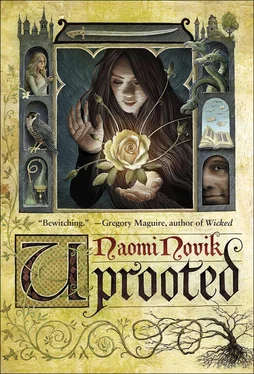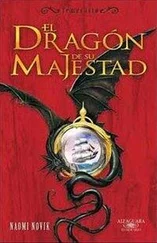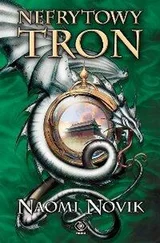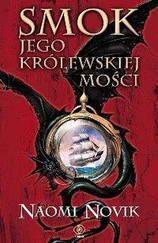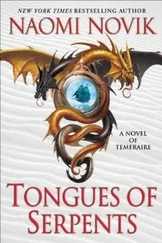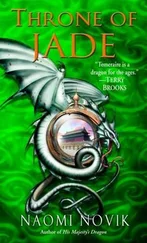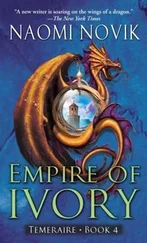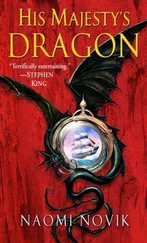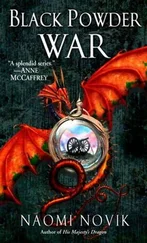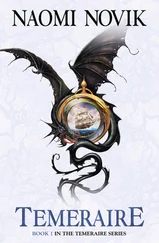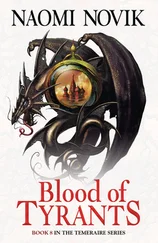On the last day, I found us a clearing in the woods where the trees still had their leaves, golden and flame-red rustling all above us, with ripe chestnuts all over the ground. We made a little fire out of twigs and dry leaves to roast a handful. Tomorrow was the first of October, and the great feast would be held to show honor to our patron and lord. Tomorrow, the Dragon would come.
“It would be nice to be a troubadour,” Kasia said, lying on her back with her eyes closed. She hummed a little: a traveling singer had come for the festival, and he’d been practicing his songs on the green that morning. The tribute wagons had been arriving all week. “To go all over Polnya, and sing for the king.”
She said it thoughtfully, not like a child spinning clouds; she said it like someone really thinking about leaving the valley, going away forever. I put my hand out and gripped hers. “And you’d come home every Midwinter,” I said, “and sing us all the songs you’d learned.” We held on tight, and I didn’t let myself remember that the girls the Dragon took never wanted to come back.
Of course at that moment I only hated him ferociously. But he wasn’t a bad lord. On the other side of the northern mountains, the Baron of the Yellow Marshes kept an army of five thousand men to take to Polnya’s wars, and a castle with four towers, and a wife who wore jewels the color of blood and a white fox-fur cloak, all on a domain no richer than our valley. The men had to give one day a week of work to the baron’s fields, which were the best land, and he’d take likely sons for his army, and with all the soldiers wandering around, girls had to stay indoors and in company once they got to be women. And even he wasn’t a bad lord.
The Dragon only had his one tower, and not a single man-at-arms, or even a servant, besides the one girl he took. He didn’t have to keep an army: the service he owed the king was his own labor, his magic. He had to go to court sometimes, to renew his oath of loyalty, and I suppose the king could have called him to war, but for the most part his duty was to stay here and watch the Wood, and protect the kingdom from its malice.
His only extravagance was books. We were well read by the standards of villagers, because he would pay gold for a single great tome, and so the book-peddlers came all this way, even though our valley was at the very edge of Polnya. And as long as they were coming, they filled up the saddlebags of their mules with whatever worn-out or cheaper stock of books they had and sold them to us for our pennies. It was a poor house in the valley that didn’t have at least two or three books proudly displayed upon the walls.
These might all seem like small and petty things, little enough cause to give up a daughter, to anyone who didn’t live near enough the Wood to understand. But I had lived through the Green Summer, when a hot wind carried pollen from the Wood west a long way into the valley, into our fields and gardens. The crops grew furiously lush, but also strange and misshapen. Anyone who ate of them grew sick with anger, struck at their families, and in the end ran into the Wood and vanished, if they weren’t tied down.
I was six years old at the time. My parents tried to shelter me as much as they could, but even so I remembered vividly the cold clammy sense of dread everywhere, everyone afraid, and the never-ending bite of hunger in my belly. We had eaten through all our last year’s stores by then, counting on the spring. One of our neighbors ate a few green beans, driven foolish by hunger. I remember the screams from his house that night, and peering out the window to see my father running to help, taking the pitchfork from where it leaned against our barn.
One day that summer, too young to understand the danger properly, I escaped my tired, thin mother’s watch and ran into the forest. I found a half-dead bramble, in a nook sheltered from the wind. I pushed through the hard dead branches to the protected heart and dug out a miraculous handful of blackberries, not misshapen at all, whole and juicy and perfect. Every one was a burst of joy in my mouth. I ate two handfuls and filled my skirt; I hurried home with them soaking purple stains through my dress and my mother wept with horror when she saw my smeared face. I didn’t sicken: the bramble had somehow escaped the Wood’s curse, and the blackberries were good. But her tears frightened me badly; I shied from blackberries for years after.
The Dragon had been called to court that year. He came back early and rode straight to the fields and called down magic fire to burn all that tainted harvest, every poisoned crop. That much was his duty, but afterwards he went to every house where anyone had sickened, and he gave them a taste of a magic cordial that cleared their minds. He gave orders that the villages farther west, which had escaped the blight, should share their harvest with us, and he even gave up his own tribute that year entirely so none of us would starve. The next spring, just before the planting season, he went through the fields again to burn out the few corrupted remnants before they could take fresh root.
But for all he’d saved us, we didn’t love him. He never came out of his tower to stand a drink for the men at harvest-time the way the Baron of the Yellow Marshes would, or to buy some small trinket at the fair as the baron’s lady and her daughters so often did. There were plays sometimes put on by traveling shows, or singers would come through over the mountain pass from Rosya. He didn’t come to hear them. When the carters brought him his tribute, the doors of the tower opened by themselves, and they left all the goods in the cellar without even seeing him. He never exchanged more than a handful of words with the headwoman of our village, or even the mayor of Olshanka, the largest town of the valley, very near his tower. He didn’t try to win our love at all; none of us knew him.
And of course he was also a master of dark sorcery. Lightning would flash around his tower on a clear night, even in the winter. Pale wisps that he set loose from his windows drifted along the roads and down the river at night, going to the Wood to keep watch for him. And sometimes when the Wood caught someone — a shepherd girl who had drifted too close to its edge, following her flock; a hunter who had drunk from the wrong spring; an unlucky traveler who came over the mountain pass humming a snatch of music that sank claws into your head — well, the Dragon would come down from his tower for them, too; and the ones he took away never came back at all.
He wasn’t evil, but he was distant and terrible. And he was going to take Kasia away, so I hated him, and had hated him for years and years.
My feelings didn’t change on that last night. Kasia and I ate our chestnuts. The sun went down and our fire went out, but we lingered in the clearing as long as the embers lasted. We didn’t have a long way to go in the morning. The harvest feast was usually held in Olshanka, but in a choosing year, it was always held in a village where at least one of the girls lived, to make the travel a little easier for their families. And our village had Kasia.
I hated the Dragon even more the next day, putting on my new green overdress. My mother’s hands were shaking as she braided up my hair. We knew it would be Kasia, but that didn’t mean we weren’t still afraid. But I held my skirts up high off the ground and climbed into the wagon as carefully as I could, looking twice for splinters and letting my father help me. I was determined to make a special effort. I knew it was no use, but I wanted Kasia to know that I loved her enough to give her a fair chance. I wasn’t going to make myself look a mess or squint-eyed or slouching, the way girls sometimes did.
We gathered on the village green, all eleven of us girls in a line. The feasting-tables were set out in a square, loaded too heavily because they weren’t really big enough to hold the tribute of the entire valley. Everyone had gathered behind them. Sacks of wheat and oats were piled up on the grass at the corners in pyramids. We were the only ones standing on the grass, with our families and our headwoman Danka, who paced nervously back and forth in front of us, her mouth moving silently while she practiced her greeting.
Читать дальше
